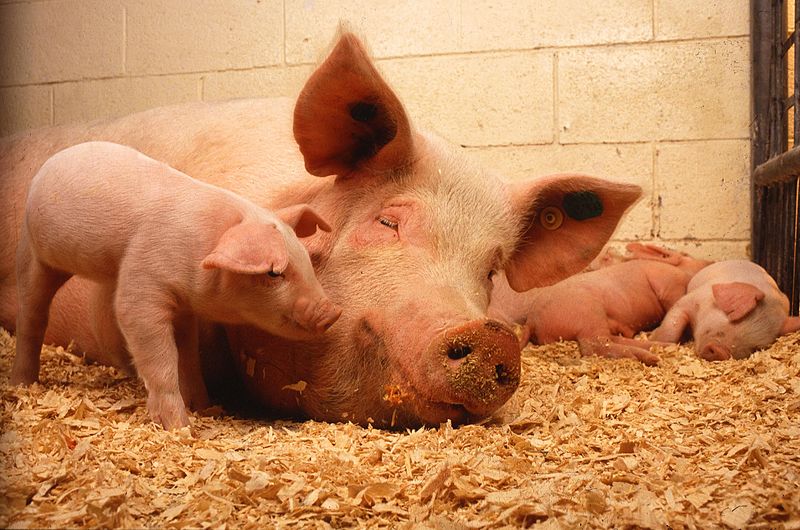The Hong Kong Centre for Health Protection (CHP) recorded three cases of Streptococcus suis infection in June 2015.The first case was a 52-year-old woman with good past health. She presented with fever and right knee pain since June 18 and was admitted to a public hospital on the same day. Her right knee joint aspirate and blood specimen collected on June 18 grew Streptococcus suis. Clinical diagnosis was right knee septic arthritis with sepsis. She underwent arthroscopic surgery and was treated with antibiotics. Her current condition was stable.

The second case was an 80-year-old man with underlying illness. He presented with fever and left knee pain and swelling on June 23 and was admitted to a public hospital on June 24. His blood specimen taken on June 24 grew Streptococcus suis. He was treated as left knee septic arthritis. He underwent arthroscopic surgery and was treated with antibiotics. His condition remained stable.
The third case was a 46-year-old man with good past health. He presented with fever, headache, dizziness, sore throat and abdominal pain since June 23 and was admitted to a public hospital on June 26. His blood specimen taken on June 26 grew Streptococcus suis. He was treated as sepsis with antibiotics. His condition was stable.
All three patients recalled having handled raw pork but denied any previous skin wound or contact with pigs. Their home contacts were asymptomatic. Investigations are on-going.
Human Streptococcus suis infection is a zoonotic infection associated with pigs. The infection can be fatal, particularly if the specific strain produces certain toxins. S. suis infection can manifest itself inmeningitis, toxic shock, septicemia and endocarditis.
Eating undercooked infected pork and blood paste are common ways people contract the disease.
Proper cooking of pork meat or porcine organs eliminates the risk of infection with Streptococcus suis. The infection in humans is not only seen in those who consume raw pork, but also in those who slaughter and prepare the meals.
Streptococcus suis infection can be treated with appropriate antibiotics.
To prevent the disease, members of the public are advised to always practise personal and environmental hygiene. They should avoid contact with pigs that are sick or dead from diseases and their excreta or body fluid. If contact with pigs or raw pork is necessary, one should:
* Use protective gloves;
* Wash hands after handling pigs or raw pork; and
* Clean and cover all wounds properly.


One thought on “Raw pork linked to three sporadic cases of Streptococcus suis infection in Hong Kong last month”